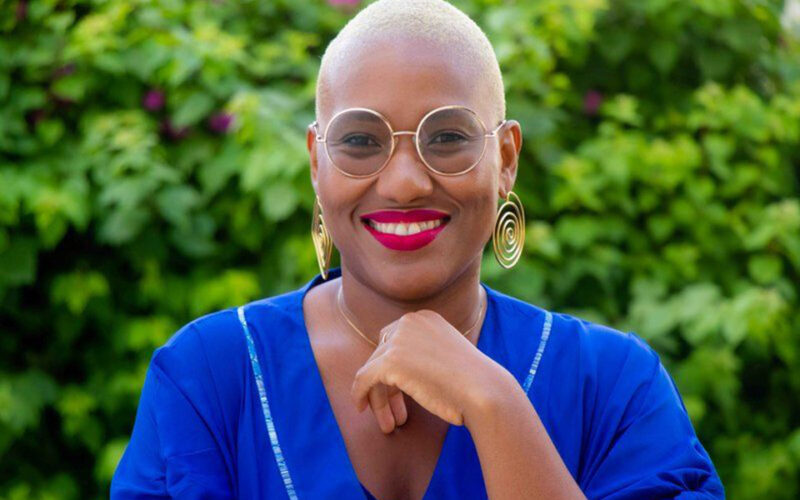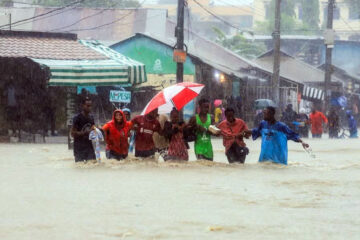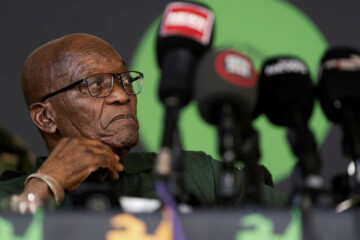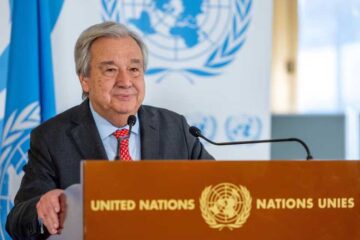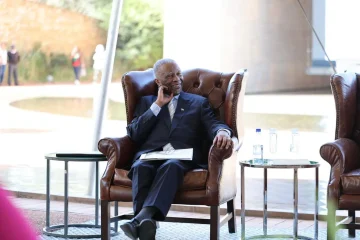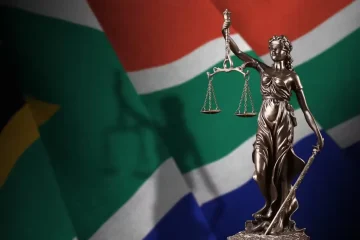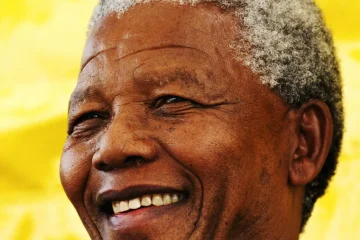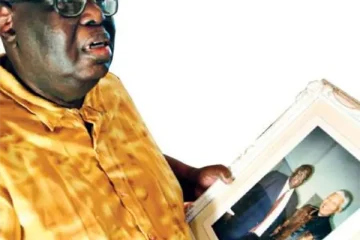BIRD STORY AGENCY
FOURTEEN years ago, Valerie Traore quit her job in Nairobi, put her possessions up for sale and used the proceeds to chase her dream some 6,000 km away, on the other side of a continent.
Today, the founder and Executive Director of Niyel, an international advocacy and campaigning firm based in Dakar, has no regrets about that decision.
“What Niyel is doing through advocacy is showing others that we are change creators because the Africa we want is the Africa we have to be part of developing and creating but not dismissing those who are not part of creating it,” she explained.
Passionate about providing alternatives to everyday challenges through the collective voicing of solutions, Traore promotes public policies that are conducive to peoples’ overall development.
One of their initiatives has been increasing women’s participation in African politics and policy development.
“One of our first popular mobilisation engagements was in Burkina Faso, but today we have worked on campaigns in over 35 countries on the continent, trained over 500 organisations, and have won more than 50 contracts globally,” she said.
“Niyel has worked on everything from food security to organisations, menstrual hygiene to water and sanitation through to AI…we have participated in making change happen in not only the actual national policies but also in behaviours of people,” she added.
Traore also believes the digital space has further given Africans greater leverage in solving its problems or projecting issues if there is increased productivity.
“We have improved significantly as a continent compared to when we started advocacy 14 years ago. Today, Africans take pride in seeing what happens across the continent… how positively Africans react to each other’s success on social media offers a glimpse of attitude change,” she said.
She believes the development of a positive mindset about the continent and collective voicing of the continent’s successes and areas of improvement have been fostered by the thriving digital space in Africa.

“We now have information access in real-time…before somebody gets a chance to shift the narrative, we can create our own narrative,” Traore explained.
She further notes privacy of data is a challenge that needs urgent attention in Africa since over-exposure could leave us susceptible to breaches that can deconstruct the progress that Africa has amassed thus far.
“If you notice, Google is on the continent, Meta is on the continent, everybody’s coming here because we have the numbers, we have the people but we have no idea what they’re doing with our data, we have no idea what story they are going to tell,” she warned.
To increase Africa’s control over the media and communications space, Niyel launched an Africa Data Governance Hub in September 2022.
The online system assembles and collects resources from diverse groups, including researchers and decision-makers.
Traore believes the resources will help create a community of organisations and people from across the continent who will then help develop frameworks that will allow Africa to ethically take advantage of available data to increase information on and about Africa.
Water and sanitation are also priority areas for Traore.
She advocates for gender equality in water policy, management and access, noting the burden of water access is heaviest among women.
A WHO 2020 Joint Monitoring Programme progress report indicates about 411 million people in Africa lack essential drinking water, 779 million lack basic sanitation services, and 839 million lack basic hygiene services.
She noticed that despite the heavy use of water for sanitation purposes, community-specific budgets for water and sanitation across many African countries overstress and favour water compared to sanitation.
Using artists and creatives, she put out ‘poop’ stories in which funny sketches were published in daily newspapers once a week and on the radio using languages that evoked conversations.
Cartoons, radio magazines, and a 20-minute documentary dubbed “Chasing Poop” were all produced and shared in Burkina Faso, Senegal, Cote d’Ivoire and a separate, unique one for Benin.
“More recently, we have sponsored nine young filmmakers across French West Africa to do short documentaries on sanitation in our countries,” she said.
As Traore admits, diversity, community-specific challenges, regional variations, and an overemphasis on Africans’ differences have hindered collective problem-solving in Africa.
“If we are not careful, we will remain consumers of the information rather than also contributing to the information…we should not risk selling ourselves to the private sector from outside the continent,” she concluded.

